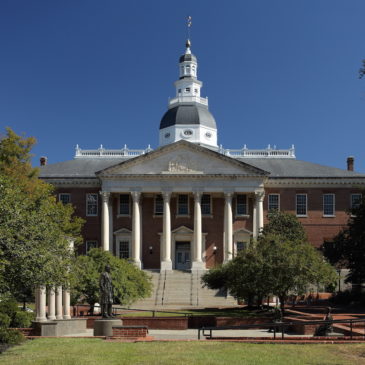West Virginia – Composting Rules
West Virginia addresses composting in a novel way: it categorizes acceptable farm and facility feedstock types more broadly than most states. West Virginia’s Yard Waste Composting Rule (33CSR3) prohibits yard waste from landfill dumping. … Read More




